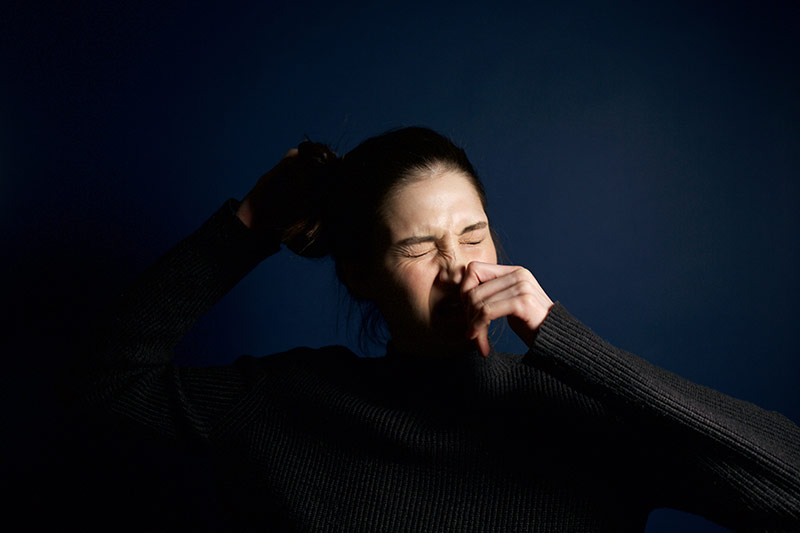Sun-tan cream? Check. Sun-glasses? Check. New summer outfit? Check.
Runny eyes, itchy nose, sore throat, sneezing, cold-like symptoms, nose-bleeds, nasal polyps? Check, check, check and… check.
Now the glorious weather has arrived, the last thing we need is for hayfever to be spoiling the fun. Affecting 20% of the UK population, hayfever (allergic rhinitus) plays an active role in the seasonal calendar, with our immune system working overtime to override histamine and leukotrienes chemicals in the pollen. While there’s nothing harmful in hayfever’s causes, self-preservational reactions typically result in nose and eye swelling to prevent more hayfever entering the body – clever, but not so pleasant to experience. Two types of hayfever exist – the seasonal, occuring when certain plants are in pollination, and the perennial, lasting all year round. Asthma and eczema sufferers generally experience increased hayfever symptoms, as will those born into a family of hayfever sufferers. Finally, London-dwellers seem to be the most affected, with the city’s residents rating top in those affected, cites Chemist Direct.
Instead of letting hayfever get us down, how can we enjoy sunny weather?
Just as not all people are the same, neither are anti-histamenes.
It’s worth shopping around to find the brand or type that suits you.
Consider anti-inflammatory eyedrops to protect teary eyes.
Sleep. Those with a good night’s rest reported a significant reduction in discomfort than those with 5 hours sleep or less.
Exercise. Yes, at least 30 minutes on the treadmill means reduced symptoms – another reason to activate the gym membership!
Eating healthily, and the right foods – stoned fruits and apples,
celery, melons, bananas, tomatoes have been identified as major hayfever
aggravators.
Stress reduction. High stress levels result in higher hayfever symptoms,
revealed a 2,000 large European survey. Such direct correlation
indicates the desirability of alternative treatments, including massage,
aromatherapy, and of course, acupuncture.
Keeping car windows closed. Pollen spikes in the early morning and
evening, so this action particularly applies to those times. Fitting
air-conditioning units with hayfever filters will help.
Dabbing petroleum jelly or beeswax around nostrils to keep pollens out.
Wearing sunglasses to protect the eyes.
How can acupuncture help?
Acupuncture is about balance. Hayfever is often aggravated by a pathogen (referred to as ‘Wind’ in Chinese Medicine) causing respiratory problems. Tackling allergic reactions in China and other Eastern cultures for over 2,500 years, acupuncture works on restoring the bodies natural balance by interacting with energy channels running underneath the skin, as well as stimulating the bodies healing system. If the body is out of sync firefighting hayfever symptoms, a course of acupuncture treatment supports the body in settling into a more healthy energy cycle. Not only can acupuncture restore the bodies normal functioning, it also helps stress levels, one of the main reactors with hayfever symptoms, while re-booting overall energy levels.
So, put a smile on your face. If winter’s left you feeling depleted, and summer’s leaving you irritable and teary-eyed, allow acupuncture to let the hayfever symptoms out and the sunshine back in.
By Rebecca Swirsky

